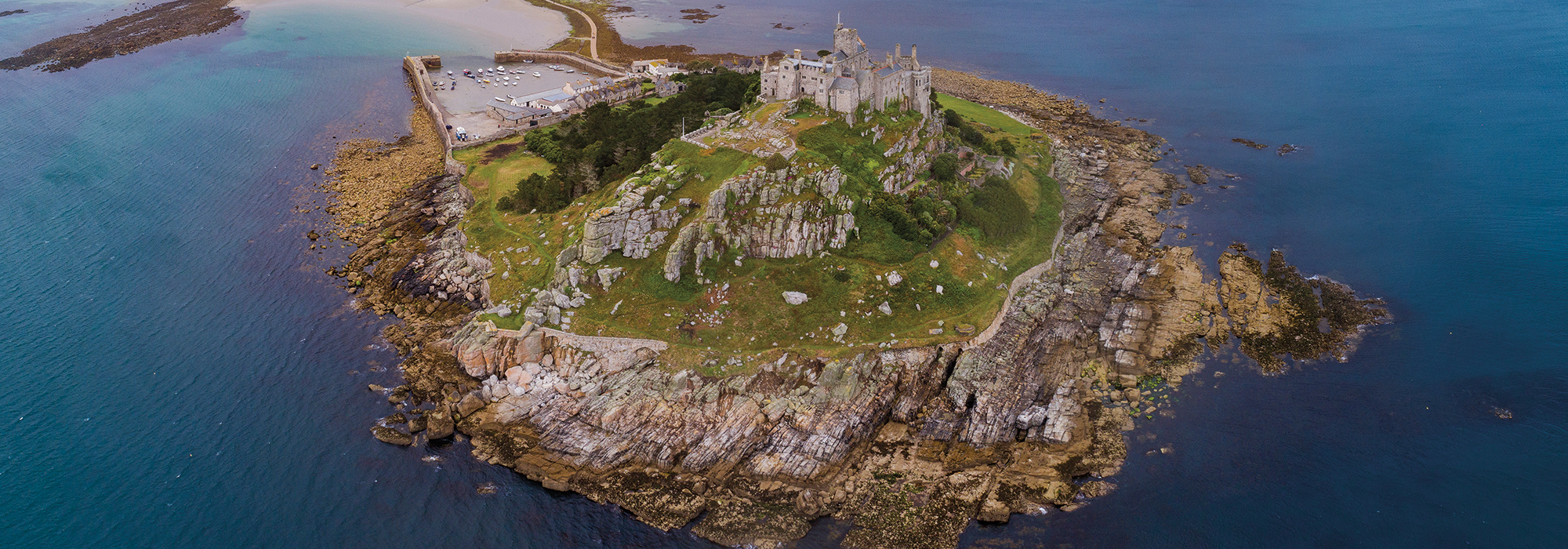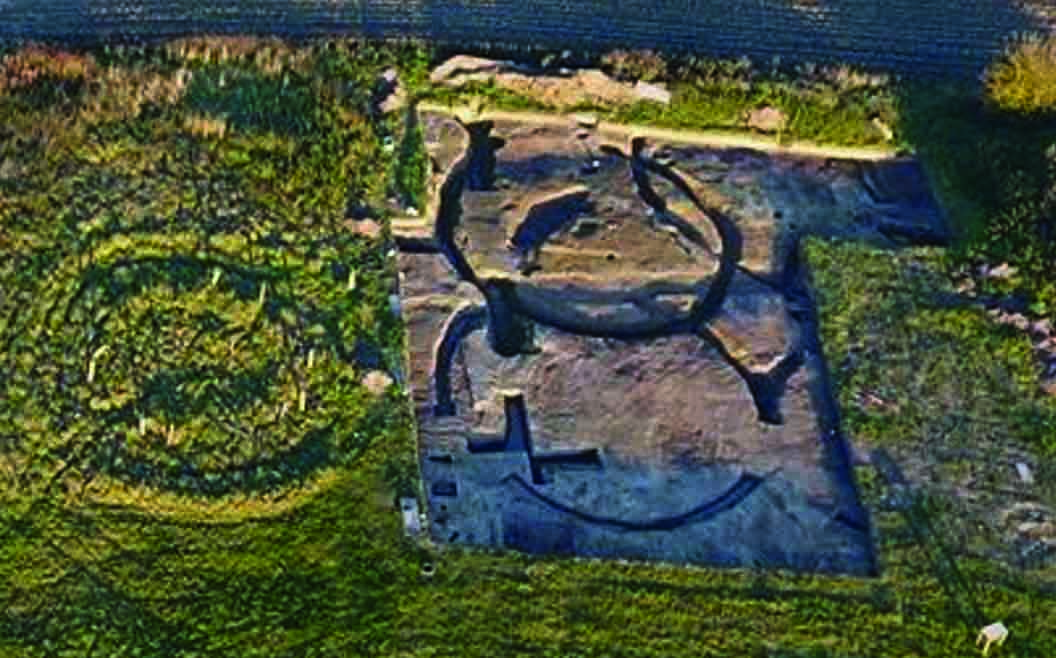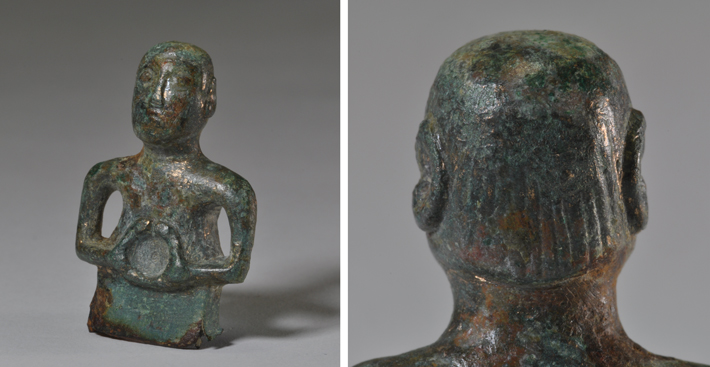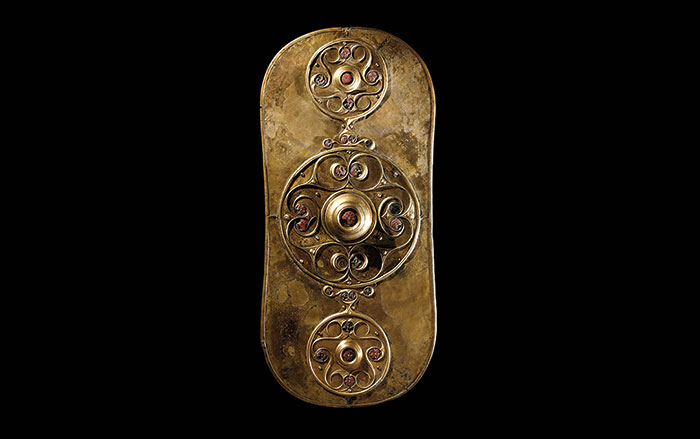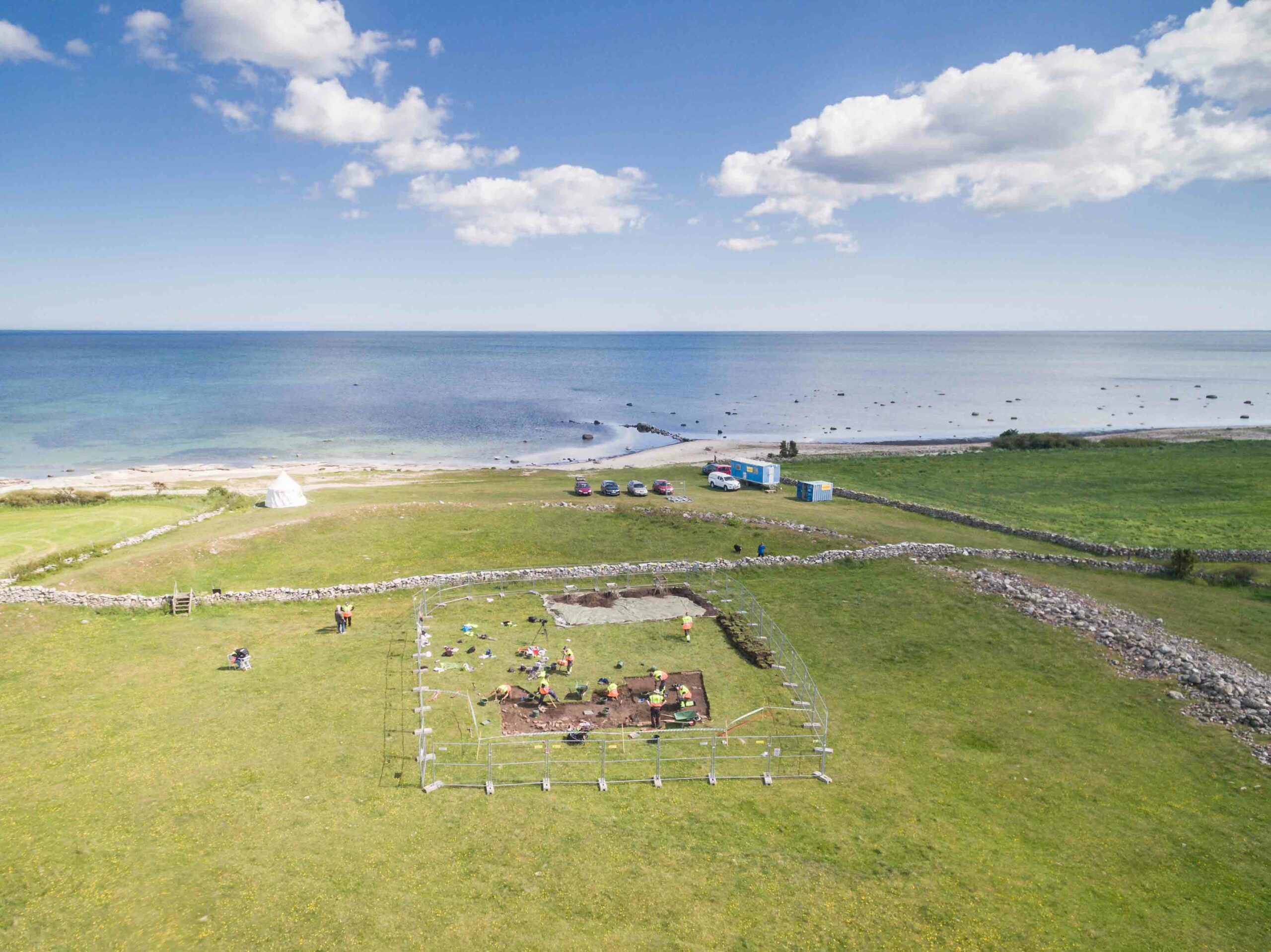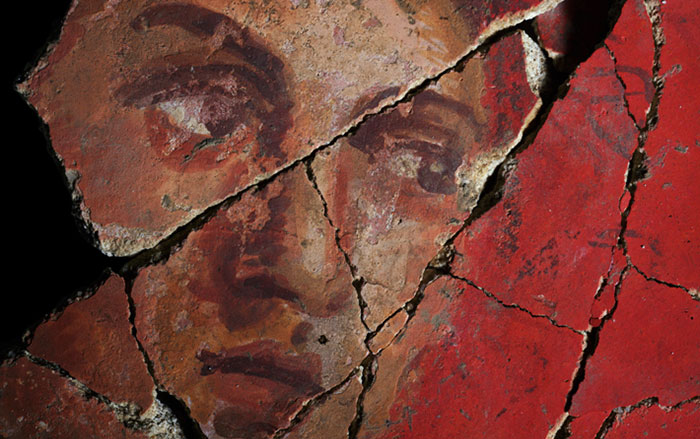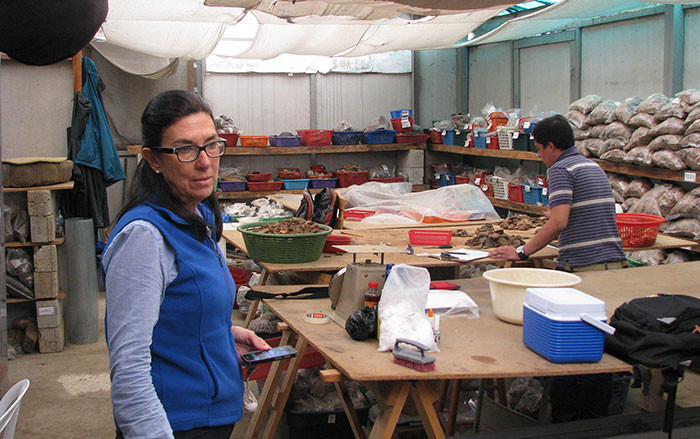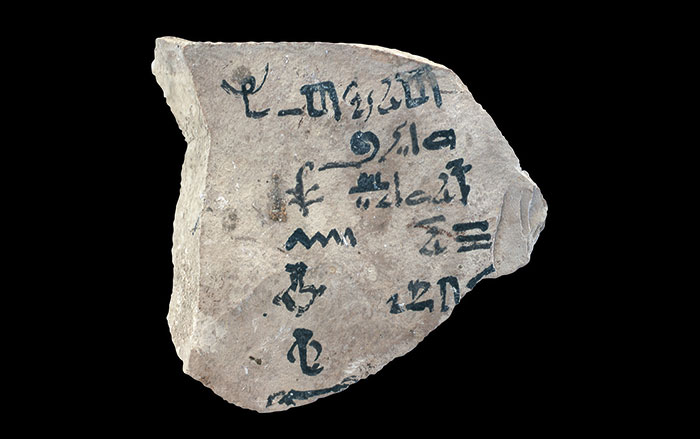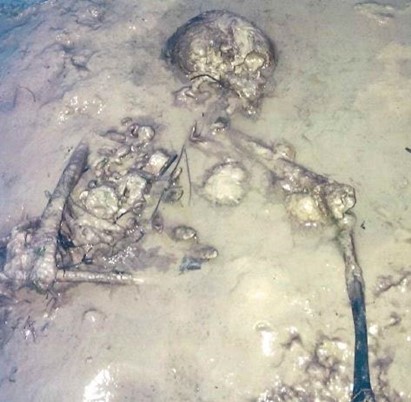
ISLE OF WIGHT, ENGLAND—Last year, two brothers discovered a set of human remains in the silt on Fishbourne Beach at low tide. The skeleton was lying on its left-hand side with its arms against its chest and legs bent. No clothing or other objects were found. According to On the Wight, local officials decided to recover as many of the bones as possible before the tide came in. A postmortem conducted by pathologist Basil Purdue concluded that the bones were ancient and belonged to a woman whose upper left arm bone and left collarbone were shorter than those on the right side of her body. She may have had a congenital deformity, or perhaps had suffered from a stroke that caused muscle wasting in the years before her death. Radiocarbon dating revealed the remains were nearly 2,000 years old. Barrister Caroline Sumeray explained that the remains will be housed at the Isle of Wight Museum. “They will be appropriately and ethically stored and recorded as per national guidelines for the treatment of human remains,” she said. To read about other finds from the same period, go to "Letter from Wales: Hillforts of the Iron Age."


